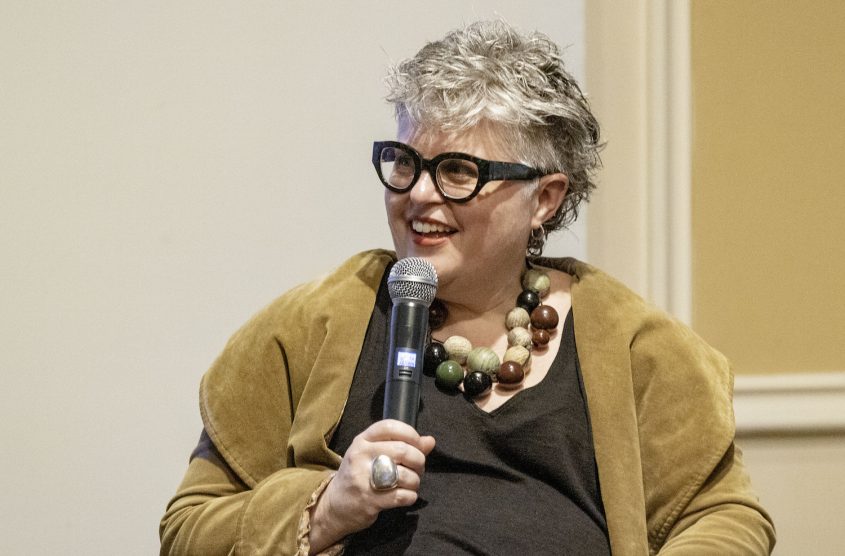
How to Help Queer Kids in Foster Care Author Cris Beam shares insights based on extensive research and personal experience in her Luskin Lecture
By Mary Braswell
LGBTQ youth in the foster care system often grapple with rejection, harassment, violence — and their own mistrust of the individuals and institutions charged with protecting them.
Restoring that trust requires taking a hard look at what these youth really need, not just to navigate the child welfare system but to lead rewarding lives.
This was the message shared by Cris Beam — author, educator and herself the foster mom to a transgender young woman — at a UCLA Luskin Lecture on March 5, 2019.
Beam’s talk included many moments of insight and encouragement, even as she described a foster care system that is woefully broken.
“How can we be spending upwards of $22 billion nationally and nobody — not the kids, not the foster parents, not the bio parents, not the administrators, not the policymakers, not the lawyers — nobody thinks this is working?” she asked.
That question sent Beam in pursuit of answers. Her extensive research into the U.S. child welfare system, LGBTQ issues and the power of empathy, as well as her personal experience becoming a foster parent at age 28, led her to a solution that is both simple and daunting.
What kids in foster care need, she said, is what all kids need: lasting human relationships, whether biological, adoptive or built from scratch with “teachers, babysitters, bus drivers” — people who are willing to step up, learn parenting skills and stick around, Beam said.
“The only way a child can succeed is to connect to a family, or even an individual person, for a lifetime. Whether they are gay or straight or bi or trans or otherwise,” she said.
Beam has published several acclaimed fiction and nonfiction books, including “To the End of June: The Intimate Life of American Foster Care” and “I am J,” the first book with a transgender character to make the state of California’s high school reading list. She is also an assistant professor of English at William Paterson University in New Jersey.
Prior to her lecture on “Queer Care: LGBTQ Youth in Child Welfare,” UCLA Luskin Dean Gary Segura noted that Beam’s work is in line with the School’s mission to “provide a voice for the unheard and change society in ways that help those most in need, including and especially families and children.”
Beam’s appearance at the UCLA Faculty Center fittingly coincided with Social Work Month and the National Day of Empathy, said Laura Abrams, chair of Social Welfare, which organized the Luskin Lecture.
More than 50 people came to hear Beam’s insights, including students, faculty, lawyers, child psychologists, and current and aspiring social workers. Their questions for Beam revealed frustration at wanting to serve foster youth within a system that often fails them.
“I feel for you because you’ve got so many people,” Beam said of the heavy caseloads many social workers carry. “But if you can stick by somebody and be constant, sometimes you can be that person that is around for someone for years and years. That’s what they need. It’s that human connection.”
LGBTQ youth are overrepresented in the child welfare and juvenile justice systems. To illustrate the cycle that many of them enter, Beam shared the experiences of her daughter, Christina, who was 16 when they met at a group home where Beam taught. Christina had been in and out of foster care since age 7, was jumped into a gang as a 12-year-old boy, survived on the streets by doing sex work, then entered the criminal justice system — all as she transitioned into a girl.
The probation officer who approached Beam about fostering Christina said, “‘Don’t worry. She’s already 16. She only has another year until she ages out.’” But Beam quickly learned that Christina needed much more, including “time to heal, to be stable and to trust.” No adoption papers were needed to form a lifelong mother-daughter relationship, she said.
Building this kind of support network should be a priority of child welfare agencies, Beam said. Instead, the system often labels children who suffer complex traumas as difficult, equates foster children with juvenile delinquents, and squanders resources training teens to get a job, write a rent check, survive on their own.
“Really what queer kids need are not more resources, more things, but human beings to rock with them all the way,” Beam said.
View more photos from the lecture on Flickr.
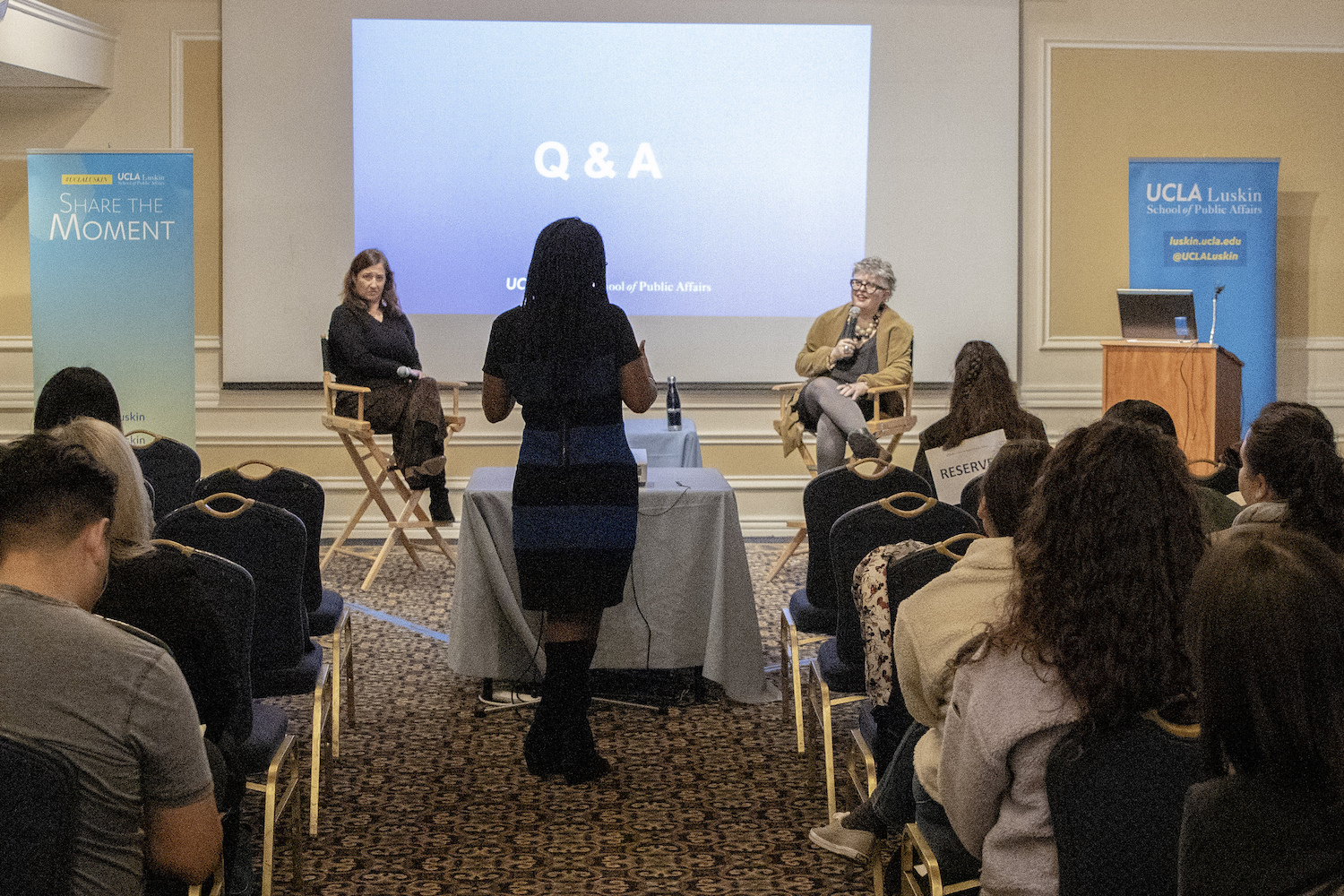
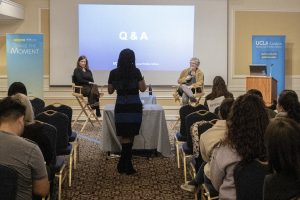
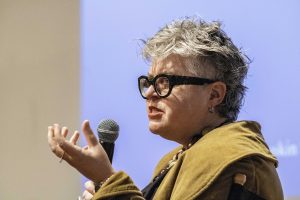
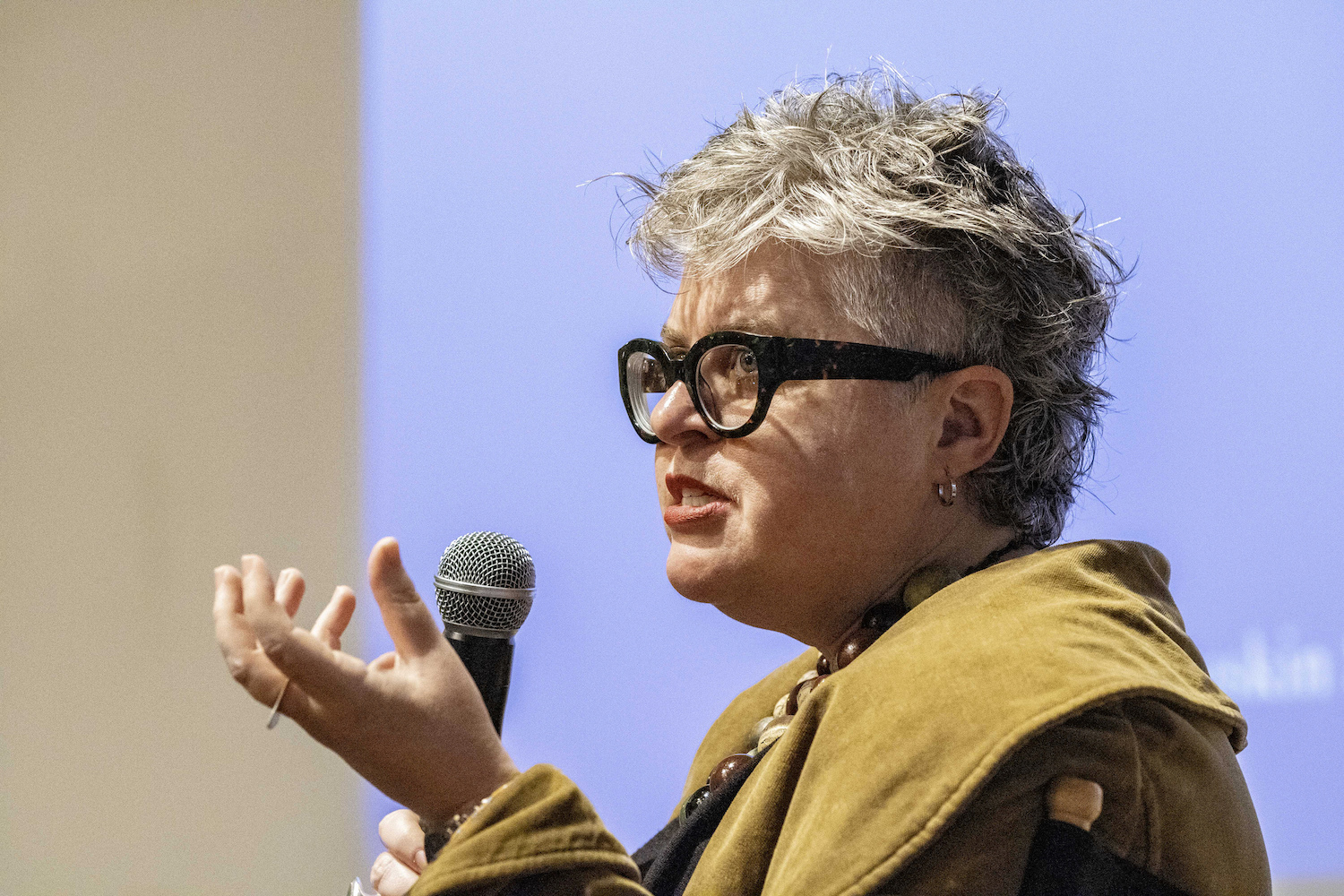
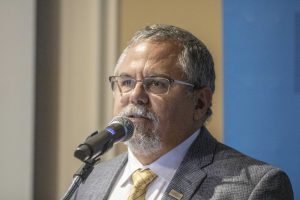
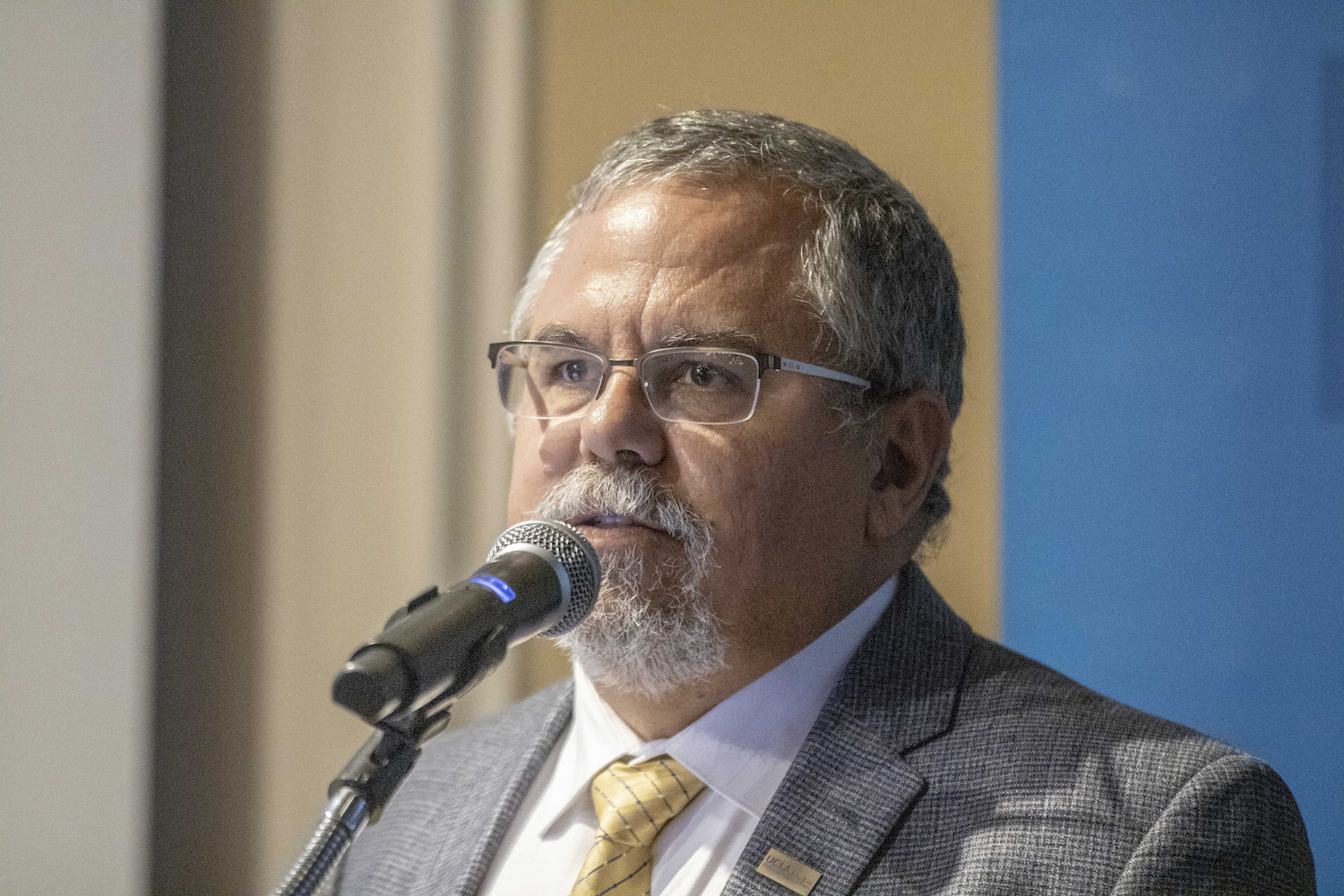
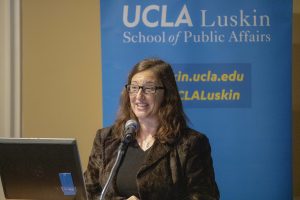
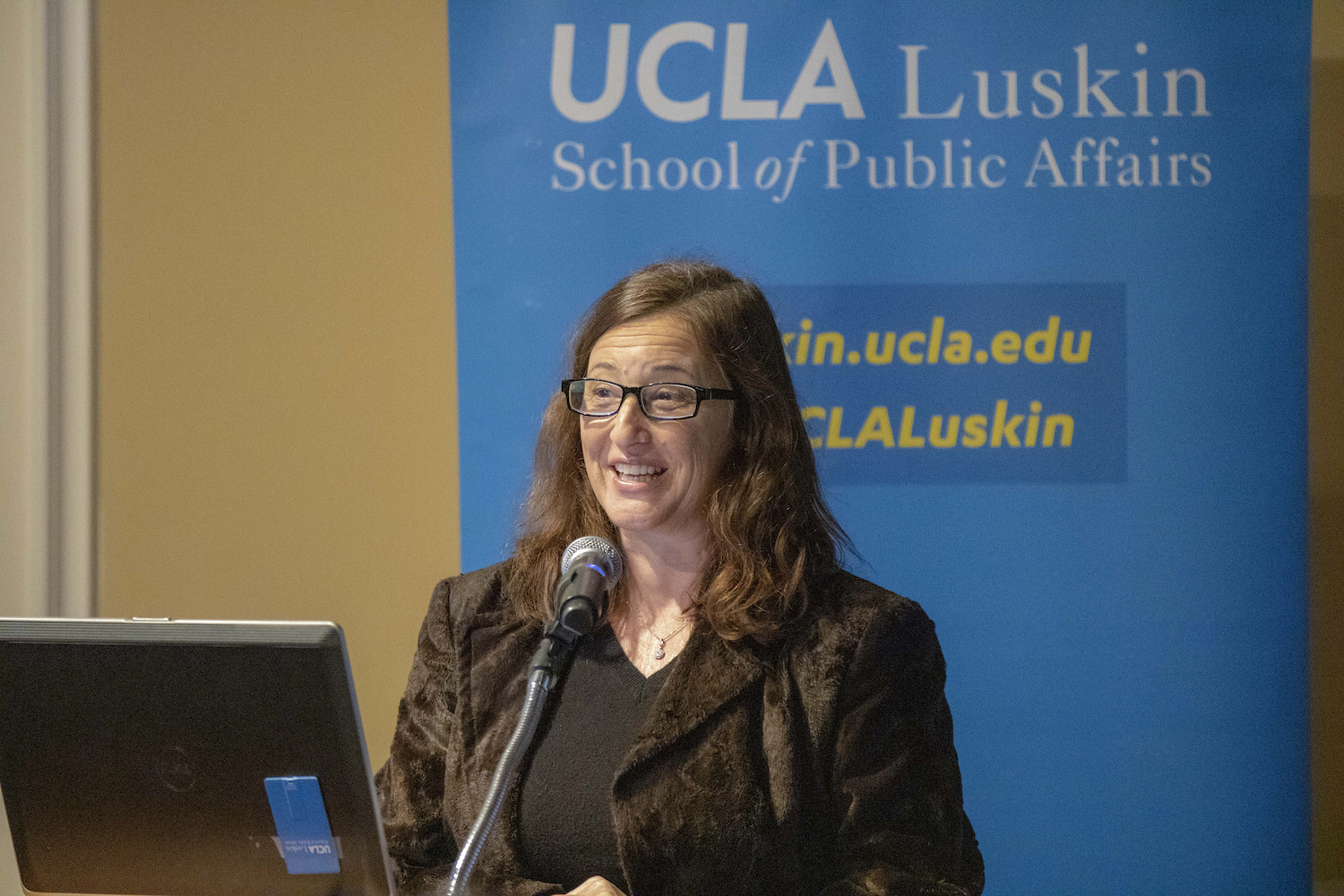
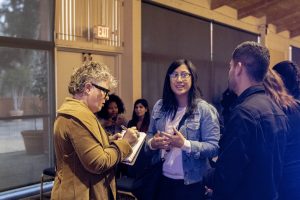
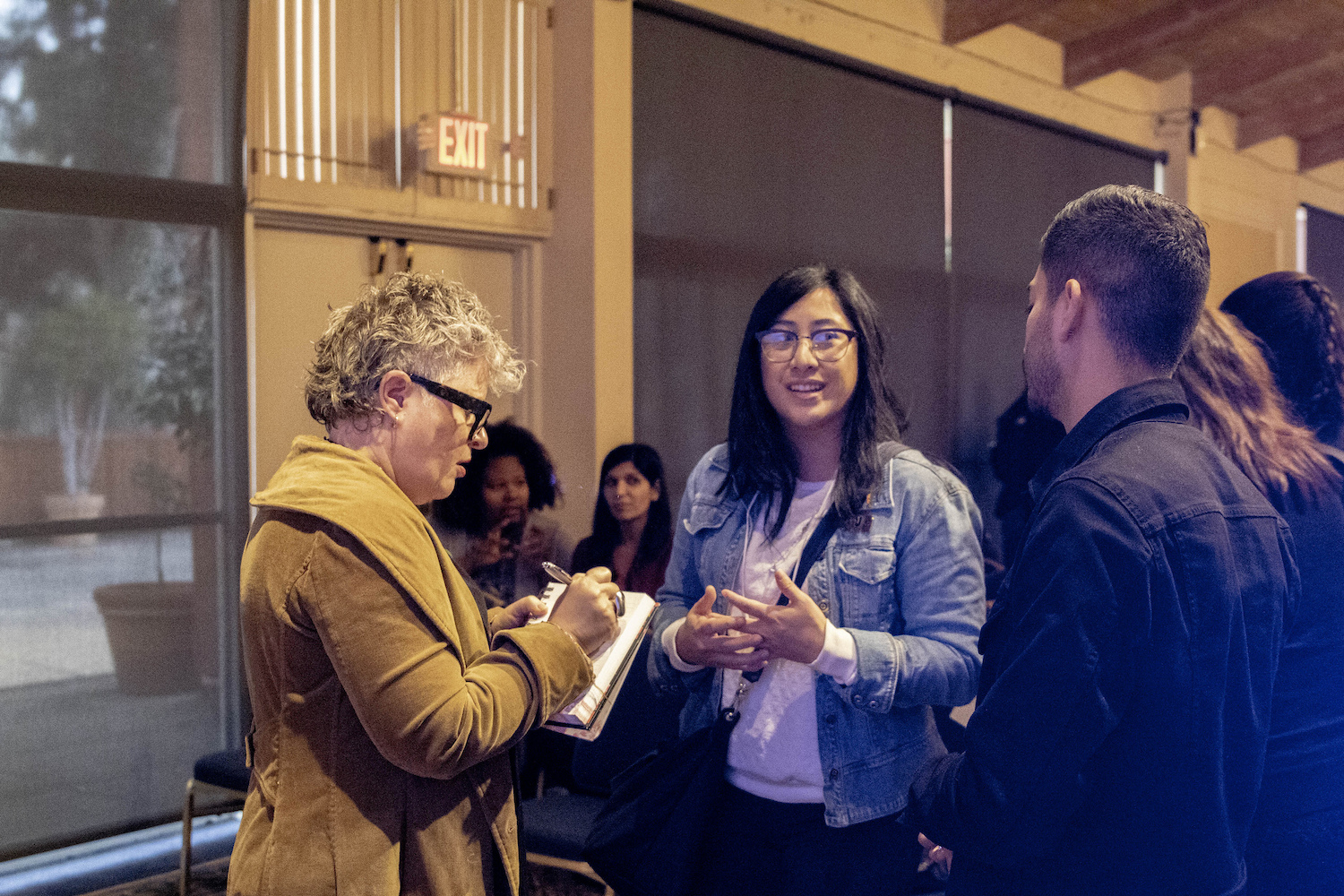
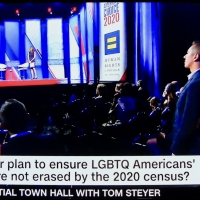
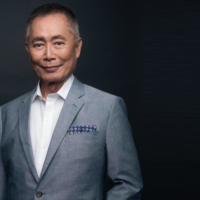
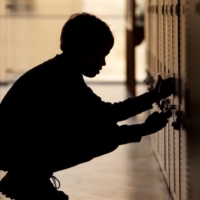
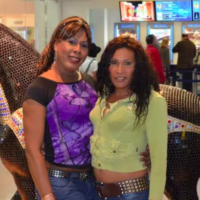
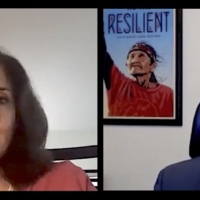
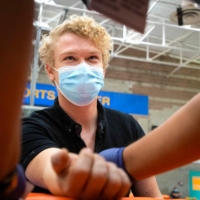

Leave a Reply
Want to join the discussion?Feel free to contribute!